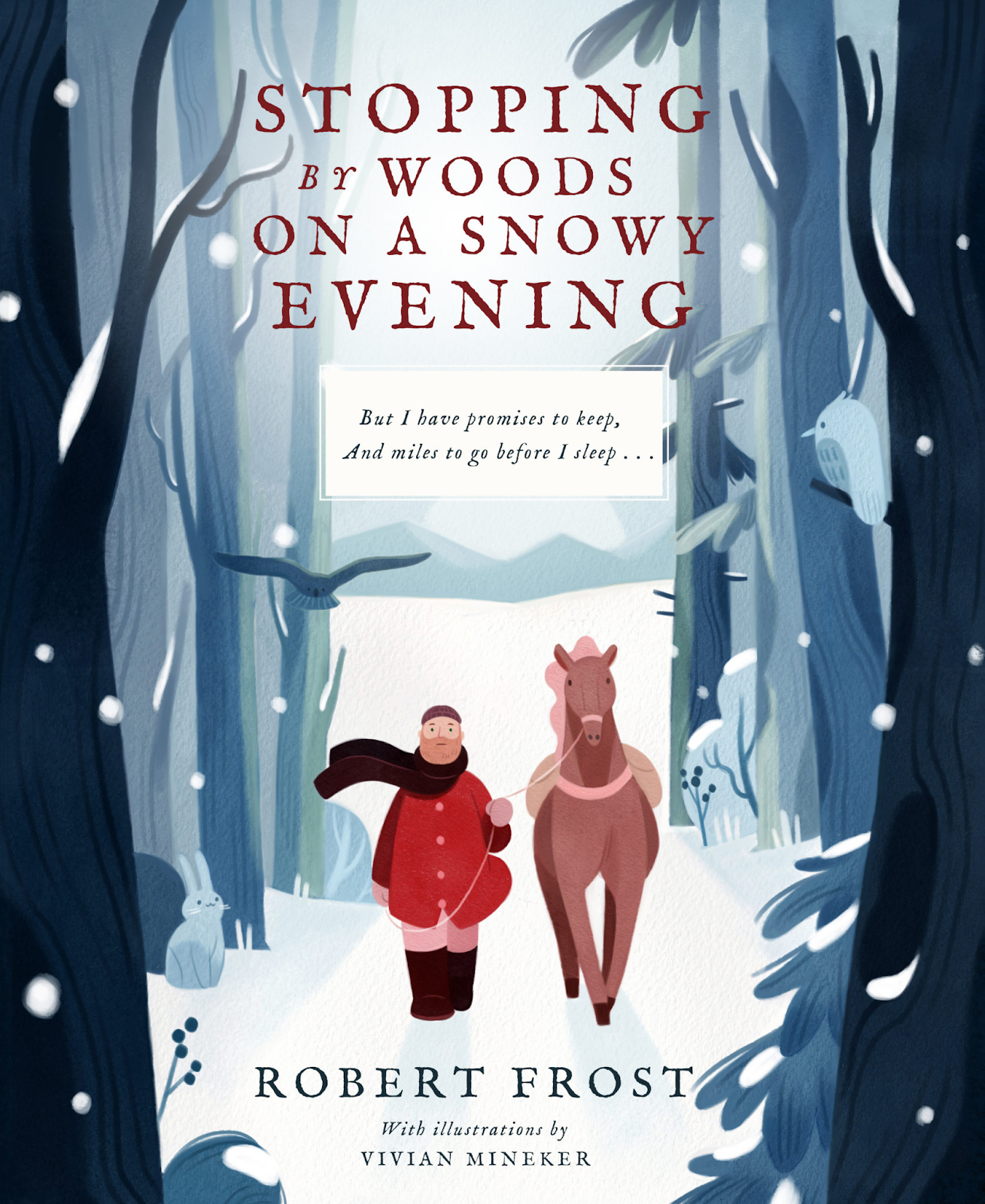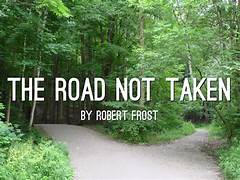Thinking activity:
Bob Dylan and Robert Frost - Gems of words
1.) Which is your favorite Poet/Lyricist? Why?
Bob Dylan and Robert Frost :
Bob Dylan
Early Life: Born Robert Allen Zimmerman on May 24, 1941, in Duluth, Minnesota.
Musical Career: Rose to fame in the 1960s as a folk singer-songwriter, known for his poetic lyrics and social commentary.
Impact: Influential figure in popular music, known for songs like "Blowin' in the Wind" and "Like a Rolling Stone."
Awards and Recognition: Winner of multiple Grammy Awards, a Golden Globe, an Academy Award, and the Nobel Prize in Literature in 2016.
Legacy: Considered one of the greatest songwriters of all time, Dylan's work continues to inspire generations of musicians and artists worldwide.
Robert Frost :
Early Life: Born on March 26, 1874, in San Francisco, California, but raised in New England.
Education: Attended Dartmouth College and Harvard University but did not graduate from either.
Career: Worked as a teacher and farmer before becoming a full-time poet.
Themes: Explored nature, human existence, and rural life in his poetry.
Style: Known for clarity, simplicity, and use of traditional poetic forms.
Notable Works: "The Road Not Taken," "Stopping by Woods on a Snowy Evening," "Mending Wall," "Birches."
Achievements: Won four Pulitzer Prizes for Poetry, appointed Poet Laureate of Vermont in 1961.
Robert Frost was a renowned American poet. His work explored complex themes of nature, human experience, and the choices people make in life. Frost won four Pulitzer Prizes for his works and remained a celebrated literary figure.
Legacy: Considered one of the most important American poets of the 20th century, with a lasting impact on literature and culture.
I like the most Robert frost poem :
The Road Not Taken
Robert Frost’s ‘The Road Not Taken’ is about the choices and opportunities in life. The poem highlights the sensation of regret that accompanies all the roads that a person doesn’t take.
Central Message: Choices we make have lasting consequences (although written as a joke for fellow poet Edward Thomas)
The Road Not Taken’ by Robert Frost describes how the speaker struggles to choose between two roads diverging in the yellowish woods on an autumn morning.
In the poem, the person reaches a crucial point in their life, finding themselves at a fork in the road in a forest filled with yellow leaves. They see both paths before them, and they seem equally traveled, with no clear indication of which one is better. The person considers the option of turning back if they find the chosen path unsuitable, but they realize that once they start down one path, they won't be able to go back and choose the other. They understand that every decision leads to new opportunities and closes off other possibilities. The poem ends on a sad note as the person imagines how different things would be if they had taken the other path. They feel a sense of longing and regret for the unknown outcomes of the road not taken.
summary :
"The Road Not Taken" by Robert Frost is a poem about making choices in life. The speaker comes across a fork in the road and must decide which path to take. He reflects on how he wishes he could travel both paths, but knows he can only choose one. Each road represents a different direction in life, and the speaker is unsure which one to follow. In the end, he decides to take the less traveled path, and this choice makes all the difference. The poem explores the theme of decision-making and the feeling of regret that comes with wondering what might have been if different choices were made. It emphasizes the importance of the choices we make and the impact they have on our lives.
‘Fire and Ice’ by Robert Frost explores a universal interest in the apocalypse. It has always been a phenomenon capable of capturing people’s minds.
A lot of thought most definitely went into the creation of this poem. ‘Fire and Ice‘ is written as a series of nine lines, alternating between three
rhyming sounds — ABA ABC BCB being the rhyming summary for ‘Fire and Ice‘. It features a
narrator describing the end of the world in their own vision, and it’s largely simplistic.
"Fire and Ice" by Robert Frost is a short poem that explores the idea of how the world might end. The speaker considers two possible scenarios: fire and ice. Fire represents desire, passion, and intense emotions, while ice represents hatred, indifference, and coldness. The speaker suggests that both fire and ice could cause the destruction of the world. Some people think that desire and passion (fire) will lead to the end, while others believe that hatred and coldness (ice) will be the cause. In the end, the speaker concludes that they have experienced enough of both fire and ice to know that either one could lead to the end of the world. The poem raises questions about human nature and the destructive forces that exist within us.
2.) Share some lines from the Bob Dylan songs that you feel are relatable to you. Also, write the themes visible in those lines.
From "Like a Rolling Stone":
"When you ain't got nothing, you got nothing to lose"
Themes: Resilience, self-reliance, freedom
From "Blowin' in the Wind":
"How many roads must a man walk down
Before you call him a man?"
Themes: Self-discovery, identity, existentialism
From "Mr. Tambourine Man":
"Hey, Mr. Tambourine Man, play a song for me
I'm not sleepy and there is no place I'm going to"
Themes: Wanderlust, escapism, longing for inspiration
These lines capture the essence of Dylan's ability to speak to universal truths and emotions through his music, making his work timeless and relatable to listeners across generations.
From "The Road Not Taken":
"I shall be telling this with a sigh
Somewhere ages and ages hence:
Two roads diverged in a wood, and I—
I took the one less traveled by,
And that has made all the difference."
Explanation: These lines emphasize themes of reflection, nostalgia, and the passage of time. The speaker anticipates looking back on their decision with a sense of both satisfaction and longing, underscoring the enduring impact of individual choices on one's life journey.
From "Stopping by Woods on a Snowy Evening":
"The woods are lovely, dark and deep,
But I have promises to keep,
And miles to go before I sleep,
And miles to go before I sleep."
Explanation: These lines convey themes of duty, responsibility, and the contrast between temptation and obligation. The speaker is drawn to the beauty and tranquility of the snowy woods but ultimately chooses to fulfill their commitments and continue on their journey.








Comments
Post a Comment